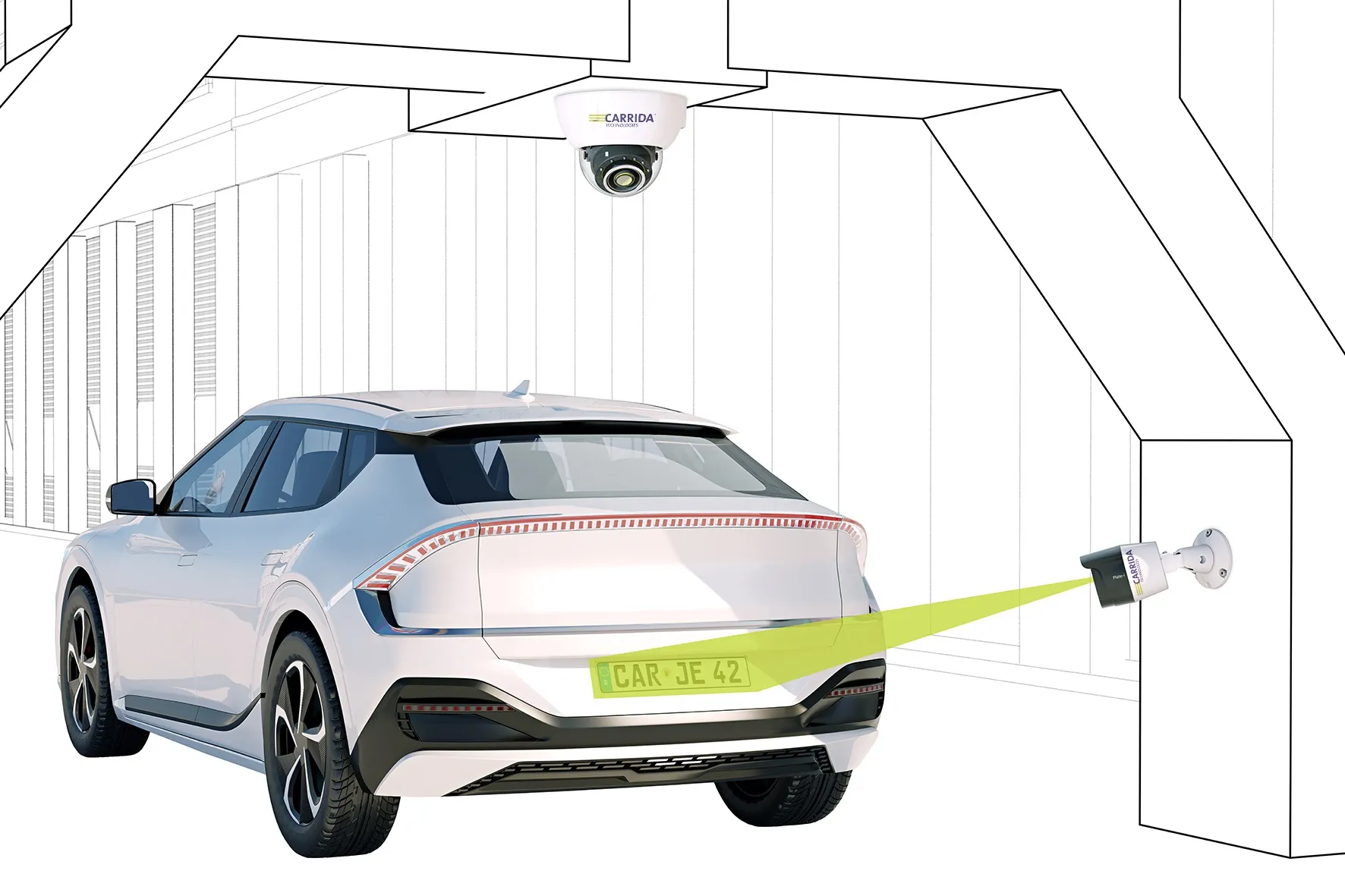The 15th edition, organised by IFEMA, will feature Audi (F. Tomé), BMW (Cuzco Motor), Hyundai, Nissan, Peugeot, Renault, Volkswagen (F. Tomé) and NIU (Motos Bordoy) will present their models to professionals and demonstrate the industry's dedication to electric mobility.
The F. Tomé Group will be at the event with the new Audi A3 Sportback e-tron hybrid, which has a range of 50 km in electric mode.
Ibericar Cuzco will come to TRAFIC 2017 with its BMW i range: It will display its compact premium vehicle the BMW i3, and its plug-in-hybrid and sports car the BMW i8.
Hyundai will exhibit the IONIQ Plug-in Hybrid which has which has up to 50 km of emission-free driving. Also on display is the fully electric IONIQ Electric, equipped with a battery-powered engine which offers 280 km of emission-free driving.
Nissan will be presenting the Nissan LEAF, which can be charged at home or at the office and comes with the e-pedal and ProPilot system.
Niu (Motos Bordoy) will host the two scooters. The 2400W N1S electric scooter, which has an extractable 10-kg battery which takes 6 hours to charge and gives a range of 80 km. Secondly, the 1200W M1 has an extractable battery of 8.3 kg which charges in 4 hours and has a range of 80 km.
Peugeot will showcase several models including the Partner Tepee Electric, one of the solutions aimed at small businesses.
Renault will also be attending the exhibition with the Renault ZOE 40, which has a range of up to 403 km and the new Kangoo ZE will feature with a range of up to 270 km.
Finally, the F. Tomé Group will present the new fully electric Volkswagen e-Golf, which has a range of 300 km.
TRAFIC 2017: Automobile and scooter brands to exhibit electric mobility models
A total of 8 automobile and scooter brands will be presenting 14 models at TRAFIC 2017, the International Safe and Sustainable Mobility Exhibition, at the new electric and efficient mobility area, from 24 to 27 October.
The 15th edition, organised by IFEMA, will feature Audi (F. Tomé), BMW (Cuzco Motor), Hyundai, Nissan, Peugeot, Renault, Volkswagen (F. Tomé) and NIU (Motos Bordoy) will present their models to professionals and demonstrate the industry's dedication to electric mobility.
October 9, 2017
Read time: 2 mins
A total of 8 automobile and scooter brands will be presenting 14 models at 137 TRAFIC 2017, the International Safe and Sustainable Mobility Exhibition, at the new electric and efficient mobility area, from 24 to 27 October.







